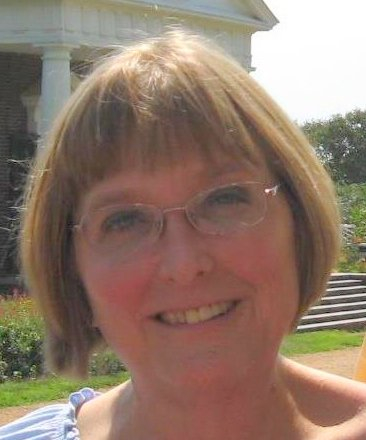By Donna Smith
As health systems around the world grapple with the increasing costs of providing health care for their citizens, far too many are considering more extensive privatization of their systems to emulate the U.S. health care model. This is a mistake not only from an economic perspective but also from a human rights and public health position.
As one of the people deeply injured by the profit-driven U.S. health system and as a professional advocate for a universal, public model that provides health care without financial barrier, I know that more privatization of any health system allows for more abuses of the common good and poorer health outcomes.
Largely because of our fragmented and market-driven health model, the U.S. spends almost double per capita on health care costs than any of the other industrialized countries on earth. Yet, the measures of our health are nowhere near the top.
The drivers that fuel the massive nearly $3 trillion health care expenditures in the U.S. and represent an ever increasing percentage of our gross domestic product are almost all made more expensive through privatization. Drug costs, medical technologies, and medical equipment all feed on usage driven more aggressively by private profit-making interests. In a paper published by the Commonwealth Fund, the study authors found that: prices for selected health services and products (are) higher in the U.S.far higher, in some casesthan in the other study countries. According to an analysis by Gerard Anderson of IMS Health data, U.S. prices for the 30 most-commonly prescribed drugs are one-third higher than in Canada and Germany, and more than double the prices in Australia, France, Netherlands, New Zealand, and the U.K.
While some of the conservative interests in the U.S. wish to lay the blame for increasing health care costs on public programs and too many Americans taking advantage of social safety net programs like Medicare for those 65 and over and the disabled or Medicaid for the economically disadvantaged, the reality is that the major driver of health care cost escalation is coming from the private interests in America. From another report issued by the Kaiser Family Foundation, the authors found that: While the United States has had above average total spending, its public expenditures are in line with other countries.
Where we are really out of line is spending driven by private, profit-making interests. Countries wishing to move more in the direction of a U.S. based model would do well to truly understand that the economic impacts will likely be to increase health expenditures overall and create pressures within the system that will be detrimental to the health of their people.
Why any nation that performs better in terms of health outcomes for its citizens at a more reasonable cost per capita would want to move toward a more privatized U.S. style model is mind boggling. Yet, I am headed to Australia now to share the truth about our broken system because some people there want an American-style health system. Australia ranks a full five positions better than the U.S. in overall system efficiency, according to a study from the World Health Organization.
What does all of this mean to the average person? Here is where I can speak from personal experience all too well. My experience within the U.S. system has been one of constant struggle trying to access appropriate health care and even to accurately determine what that appropriate care might be. With so many competing private interests wishing to make profits from providing my care and other private interests striving to retain and grow their profits by denying that care, I am often unable to find and get the care I need. I am a two-time cancer survivor married to a man who has had three open-heart surgeries. His access to care through his public Medicare coverage has been exceptional; mine through private insurance coverage has been much more problematic. We were driven to bankruptcy by uncovered medical bills, and even now face serious life consequences as a result.
Every day in America, 123 people die simply because they did not have the cash or coverage to access needed care within the U.S health care system, and 1,978 go bankrupt due to medical crisis and debt. (Source: Harvard University study on excess deaths)
These are numbers that no country in the world ought to ignore or wish to emulate. Privatization feeds the ugly but very real human drive for more profit and less humane accountability. And all of us no matter our home country ought to look toward ending health injustice not advancing it. Increasing privatization moves us all in the wrong direction.
Donna Smith is executive director of the Health Care for All Colorado Foundation. A former award-winning journalist, Smith has co-chaired the Progressive Democrats of Americas national Healthcare Not Warfare campaign since 2007. Smith also was featured in Michael Moores 2007 documentary, SiCKO, after she and her husband both became ill, lost their home to bankruptcy and had to move in with one of their six children even though Smith had health insurance at the time. Moore took Smith to Cuba to receive free care through the countrys universal health system.At the invitation of the New South Wales Nurses and Midwives Association and the Queensland Nurses Association, Smith is doing a 12-day, six stop speaking tour of Australia to share her insights about the U.S. health system.

